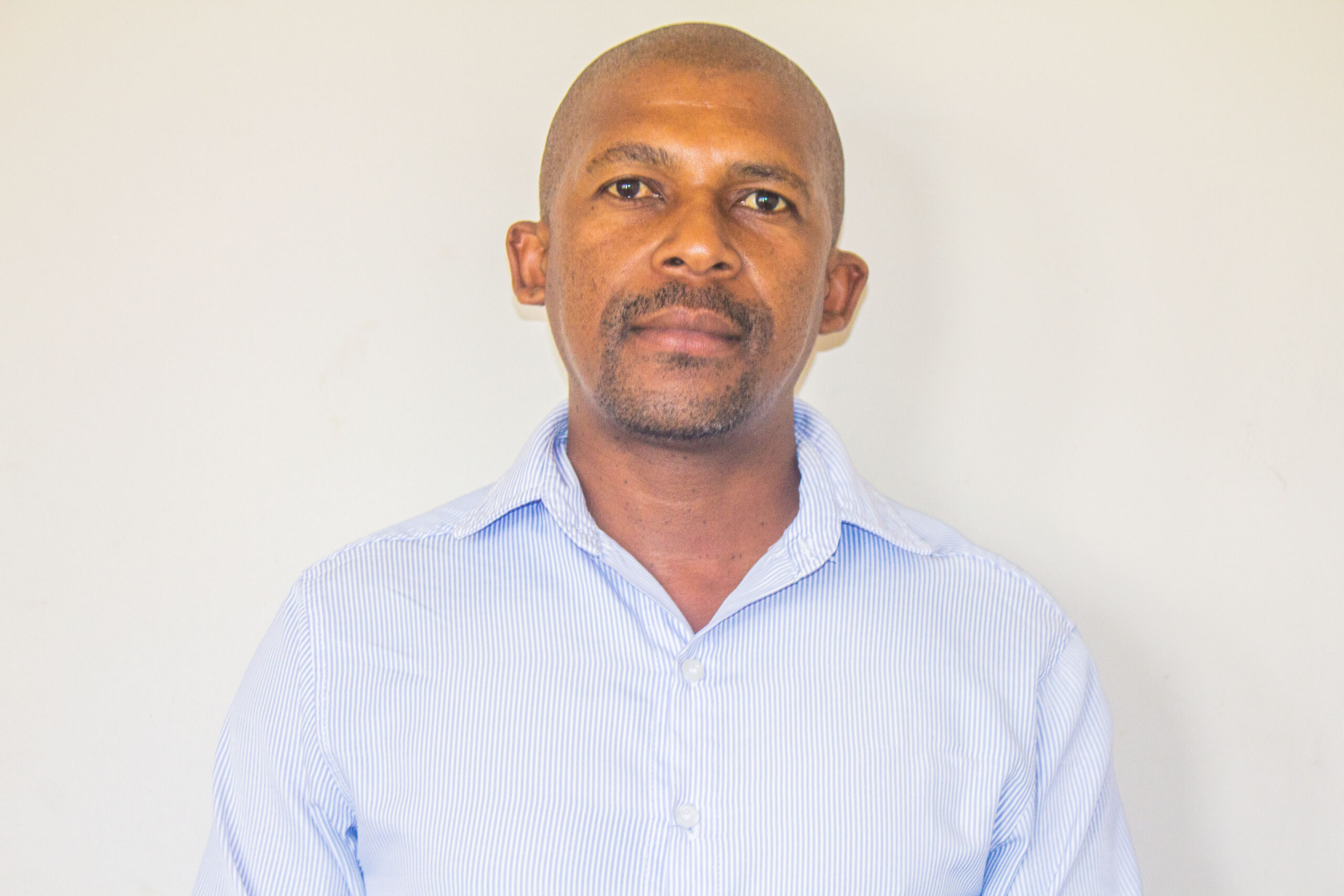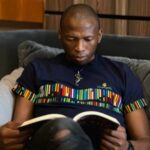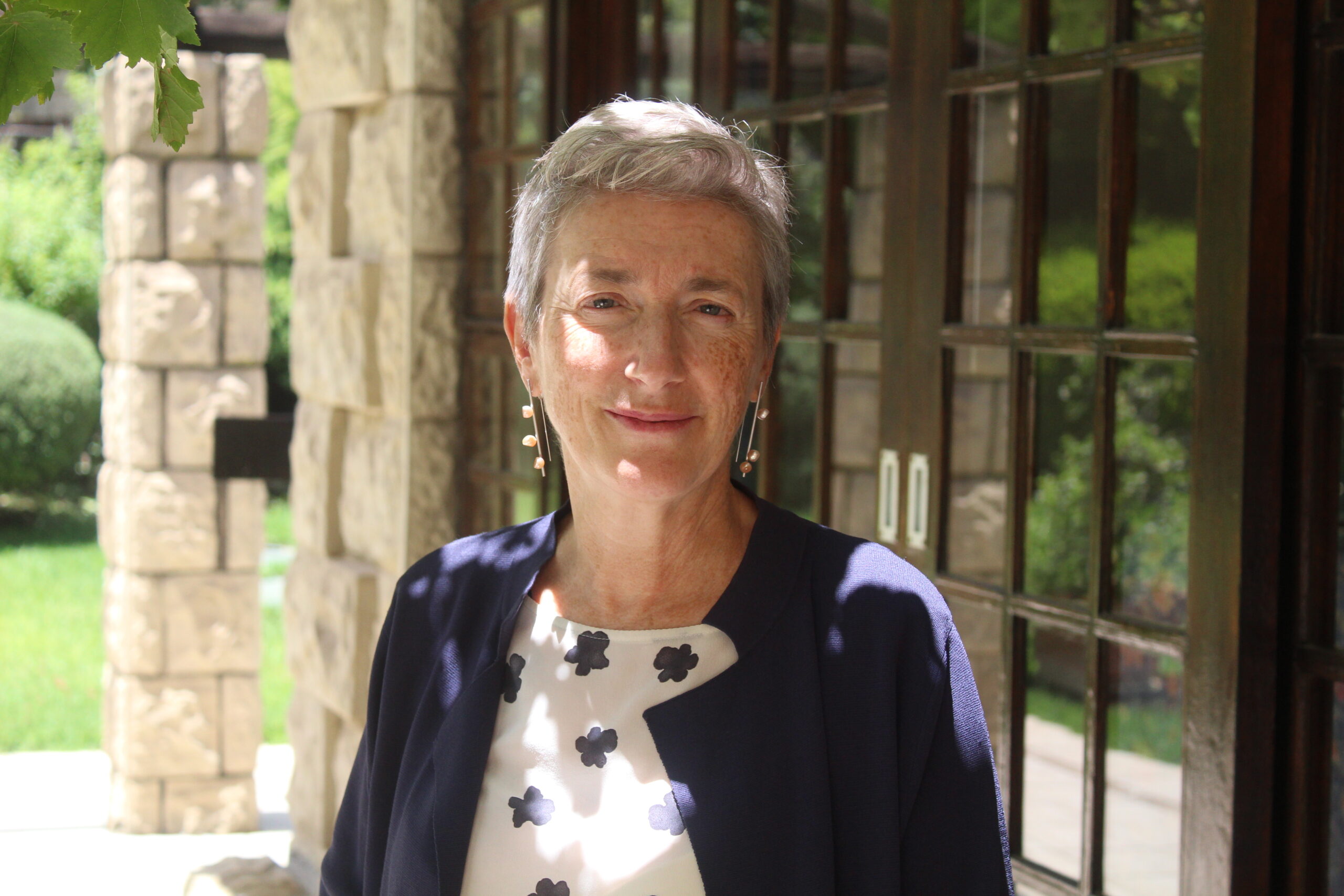Mokhothu Makhalanyane, Chairperson of Parliament’s Social Cluster Committee, has urged young people to formally petition parliament on laws that fail to address their interests, emphasising that such action is a constitutional right.
Speaking during last week’s engagement between the Social Cluster Committee and youth representatives, Makhalanyane noted that many of the grievances raised required amendments to several legislative acts.
The meeting was part of ongoing consultations on the National Youth Development Bill 2024, a crucial step toward establishing the long-awaited National Youth Council (NYC).
Once formed, the NYC will play a pivotal role in regulating and coordinating youth development initiatives across the country. It will promote awareness of national youth policies, mobilise resources, and advocate for policies that support youth-focused nonprofit and commercial projects.
Additionally, it will conduct research and analyse data on issues affecting young people at both national and international levels.
Makhalanyane encouraged the youth to take an active role in shaping policies that directly impact them, emphasising that the power to influence change rests in their hands.
He stressed that Parliament welcomes petitions from citizens regarding any legislation and that amendments can be made to ensure the legal framework better serves the needs of young people.
He described the current legal environment as largely unfriendly to youth interests and urged them to use the available democratic mechanisms to advocate for change.
He stated: “You have the right to petition Parliament regarding any legislation. Amendments can be proposed to reshape laws in a manner that benefits the youth. It is within your power to effect change, as our current laws are notably unfriendly to youth interests.”
During their presentations, the youth strongly advocated for parliamentary representation through the allocation of proportional seats, arguing that their voices were not adequately reflected in national decision-making.
Makhalanyane acknowledged that such a proposal would require amendments to existing electoral laws, emphasising that significant legislative changes would be necessary to accommodate this demand.
Addressing the high unemployment rate among young people, the youth proposed that companies be legally required to ensure that at least 30 percent of their workforce consists of young individuals.
They also called for a broader 28 percent employment quota across all sectors and recommended lowering the retirement age to 55 years to create more job opportunities for younger generations.
Beyond employment, the Young Turks also pushed for regulatory reforms that would grant young people preferential treatment in company registration and tax obligations. They criticised the current system, highlighting that requirements such as long-term lease agreements and high business registration fees placed an undue burden on aspiring entrepreneurs, particularly those without prior employment experience.
The engagement took place on Thursday as part of the Parliament Social Cluster initiative, which provided a platform for the youth committees of political parties to offer recommendations before the National Youth Development Bill is drafted into law.
The Revolution for Prosperity (RFP) Youth League committee asserted their demand for full ownership of the law, calling for the establishment of a dedicated Ministry of Youth. They argued that a ministry led by a youthful minister would be better positioned to understand and address the challenges facing young people.
Lesala Maphathe, chairperson of the RFP Youth League, underscored the need for the National Youth Council (NYC) to have an independent budget. He expressed concerns that, under the current structure where youth affairs fall under broader government ministries, funds allocated for youth development could easily be diverted to other programs.
“It would be deeply disappointing to plan youth development projects only to be told that there are no funds available because they have been redirected elsewhere,” Maphathe said.
He further stressed that the NYC should be composed solely of youth representatives, with their numbers reflecting the electoral performance of their respective political parties in Parliament.
“The nation has already expressed its preferences in past elections regarding which parties should lead the country. That principle should also apply to the youth council,” he asserted.
Thato Seheri, another member of the RFP Youth League, called for the establishment of an oversight agency within the NYC to monitor the implementation of youth development initiatives by state-owned enterprises such as the Lesotho National Development Corporation (LNDC).
“This agency should have the authority to assess the progress of youth programs and projects. Right now, the council, as described in the bill, is mainly an advocacy and lobbying body. But what we need is action, not just talk,” she argued.
Pheello Sehlabaka, the chairperson of the Democratic Congress (DC) Youth League, proposed that the council’s executive structure be inclusive, incorporating representatives from the ruling party, opposition, religious organisations, non-governmental organisations, and individuals with disabilities.
Sehlabaka emphasised that special attention should be given to uneducated youth and those engaged in agricultural work.
He also highlighted the importance of fostering patriotism among young people, commending the Lesotho Defence Force’s boot camp initiative while arguing that such programs should fall under the Ministry of Youth, as they directly relate to youth affairs.
Summary
- Makhalanyane encouraged the youth to take an active role in shaping policies that directly impact them, emphasising that the power to influence change rests in their hands.
- The engagement took place on Thursday as part of the Parliament Social Cluster initiative, which provided a platform for the youth committees of political parties to offer recommendations before the National Youth Development Bill is drafted into law.
- The Revolution for Prosperity (RFP) Youth League committee asserted their demand for full ownership of the law, calling for the establishment of a dedicated Ministry of Youth.

Development Journalist specialising in the reporting of social, economic, and environmental issues. He analyses the impact of policies and programs on communities, along with other factors that influence community well-being. In addition to his journalism endeavors, he is an accomplished photojournalist, capturing compelling images that complement his narratives. Masoabi is also an audio storytelling podcaster, having earned certification from the Knight Centre for Journalism, affiliated with the University of Texas, United States.










